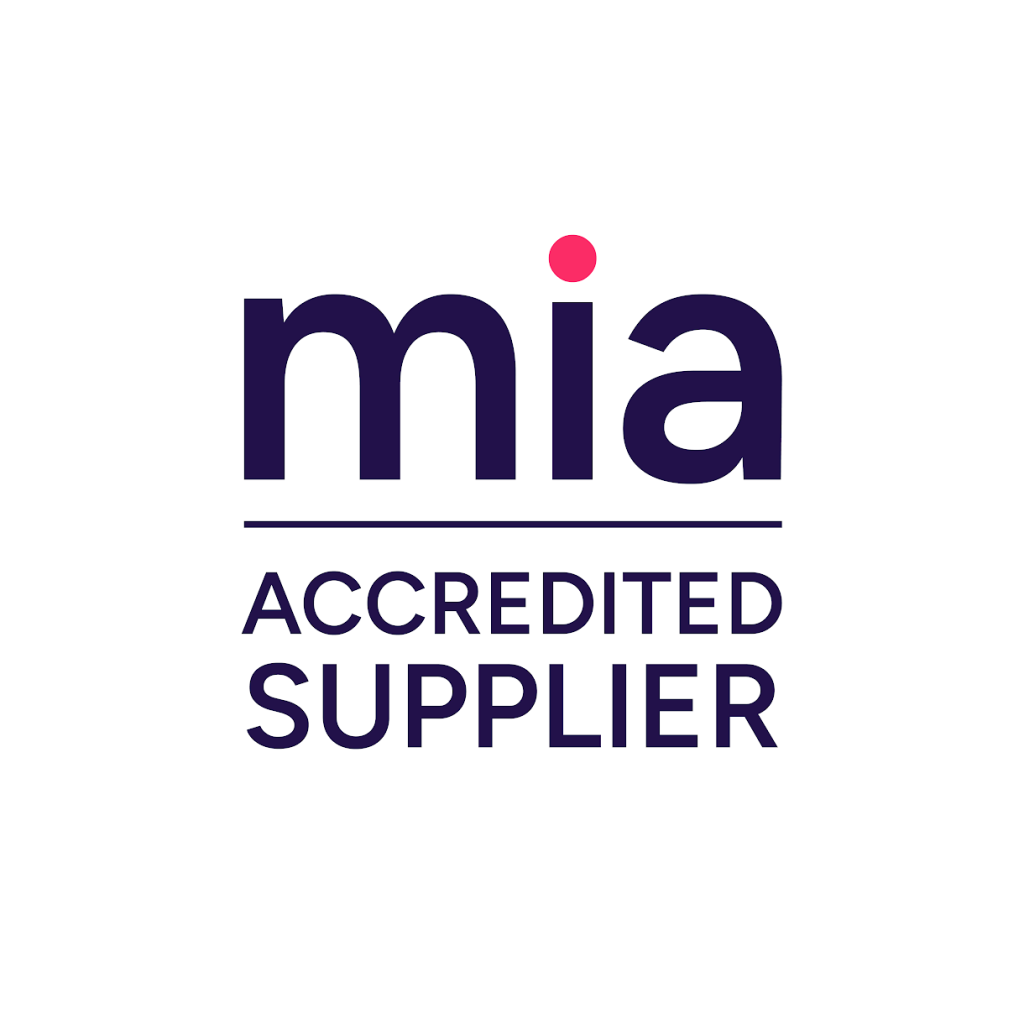Different businesses require different types and levels of SEO activity, dependent on a number of factors. One of these key factors is whether you operate locally, nationally or internationally – if you’re an online retailer who ships worldwide, local SEO probably won’t be your priority. If, however, you are a tradesman covering a specific part of the country, local SEO is especially important. Below, we go into detail about all the things a location-based business should consider when it comes to their SEO strategy.
Keyword strategy
If you’re a location-based business focusing on local SEO, your keyword strategy may be slightly different. You’ll want to focus on key geographical areas, so start by breaking these down.
Think about the locations in which you offer your services or deliver your products (unless you ship nationally) and start with some keyword research into where there is or isn’t search volume for terms relating to your location(s). You can use this to make on-page optimisations or create local landing pages where appropriate (for example if you operate across multiple locations).
This will mean that your keywords are likely to be more targeted and your strategy should include fewer general terms – ‘plumbers’ becomes ‘plumbers near me’ or ‘plumbers in kent’, before trickling down into even more specific towns or villages.
Search verticals
Depending on your SEO focus, different search verticals will be important – and in this case, we need to talk about maps.
Google Search encompasses much more than plain text results – it’s a competitive landscape with multiple features suitable for different types of businesses, services or content: shopping, news, maps, images. Depending on the buyer journey of your target markets, different search verticals will be important but if you’re focusing on local SEO, it’s likely that maps are going to be something to think about and optimise for.
NAP Citations
NAP stands for ‘name, address, phone number’, which are all indicators of the location of a business. You can communicate this info with Google using citations, which is one of the biggest local SEO factors.
Citation consistency is vital (so making sure that you have the same information on each one to avoid confusion) and involves inputting your company data into local directories and social media platforms. The idea is that these external websites endorse your own as relevant to a specific location, so when Google is looking for the most relevant search results for a query, it can be certain that your business is definitely relevant to the search and not show it for plumbers in Bolton when you’re a plumber in Bromley.
Google My Business and Packs
Google My Business (GMB) is a free Google feature and one of the biggest ranking factors in local search – particularly for ‘packs’ (we’ll get onto those in a moment).
It’s vital that the information you give to GMB matches the rest of your citations, and Google will give you opportunities to describe and label different qualities of your business (for example opening hours, category, contact details).
This information sends all the right signals for local searches that your business is relevant for and largely increases your chances of ranking at the top of search results and within ‘packs’, where you’ll be featured alongside two other businesses for that query. The map pack will be of particular interest to location-based businesses, and many customers will use packs as their first port-of-call before reviewing the results below (if they even make it that far, after clicking through to maps).
Schema Markup
Schema markup refers to a number of additional search features that are included on top search results, from reviews to recipe time.
For location-based businesses Google reviews are especially important here, but you can also choose other local business tags. Google has a markup tool to help you find and implement these tags, and it’s much easier than you might think!
Strategic backlink acquisition
Backlinks are an important part of most SEO strategies, but when you’re focusing on location, there are a few things you can do to help your backlinks work harder for you.
First, when you’re considering sources, start with local business directories for some more location signals. A simple google search for directories in your location will bring up a whole range of (usually free) sites like Yelp on which you can easily input your business’ data – just try to ensure that each website you use for your backlinks has a higher domain authority than your own site.
Next, if you’re using content to acquire backlinks (by submitting guest posts or taking part in interviews or press activity, for example) you’ll need to think about the anchor text. Anchor text is the linked part of the copy, so ‘plumber in kent’ is better anchor text for local SEO than ‘plumber’. Try to get your location in the linked copy.
To find out more about creating an effective SEO strategy for your particular business, contact us for a chat with our experienced SEO specialists

